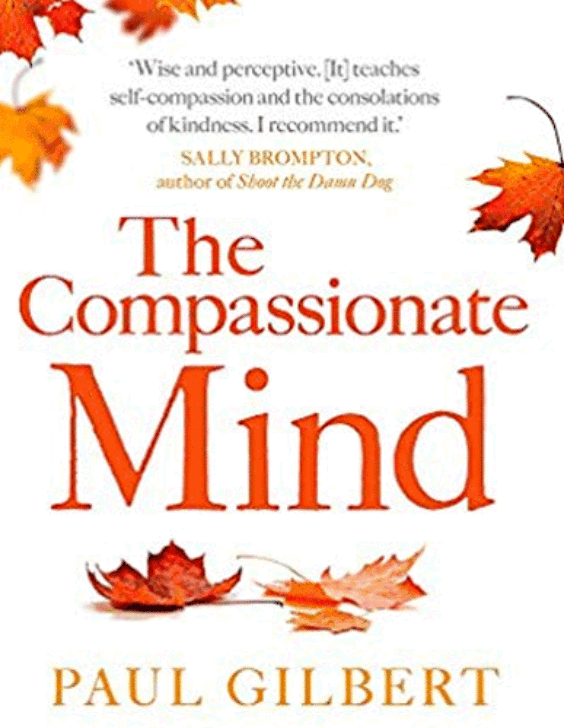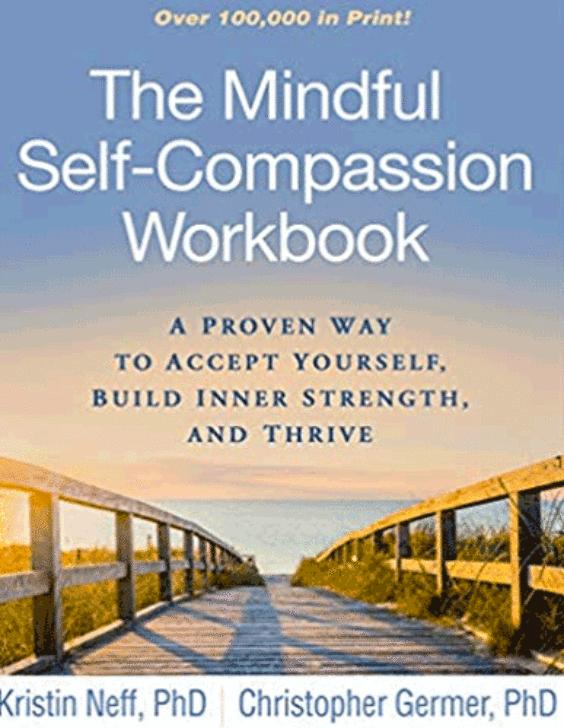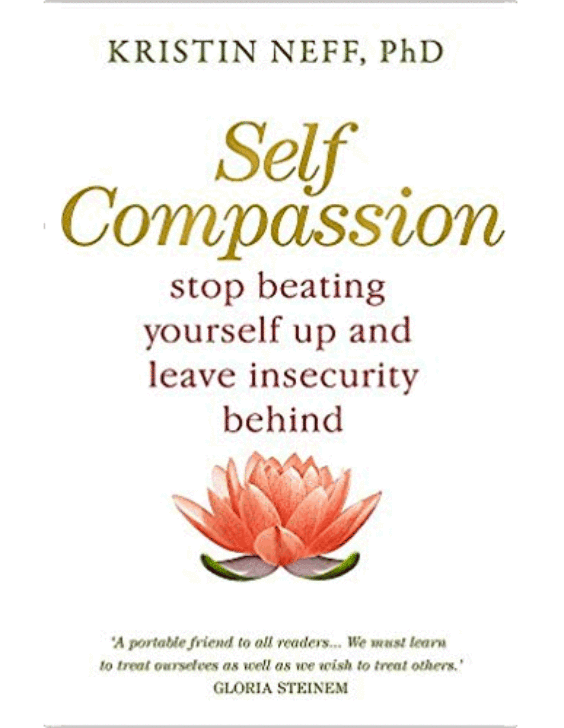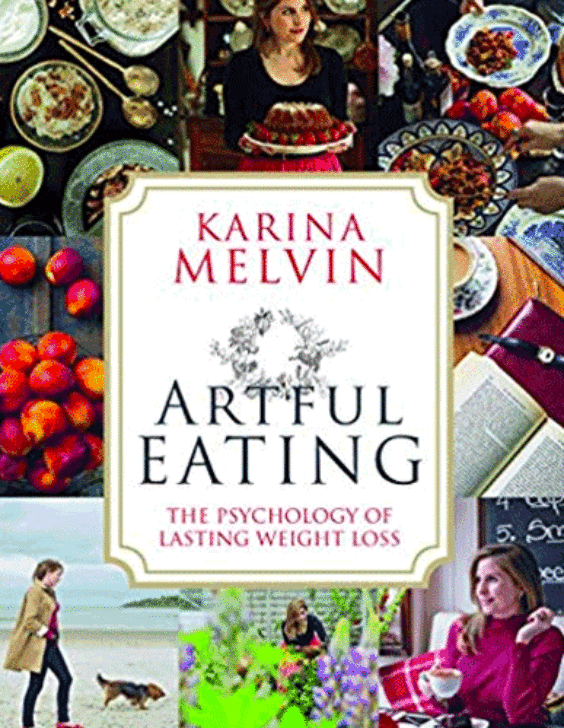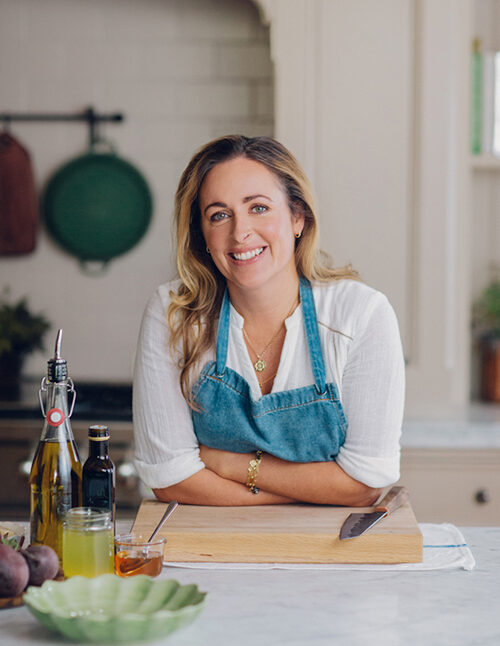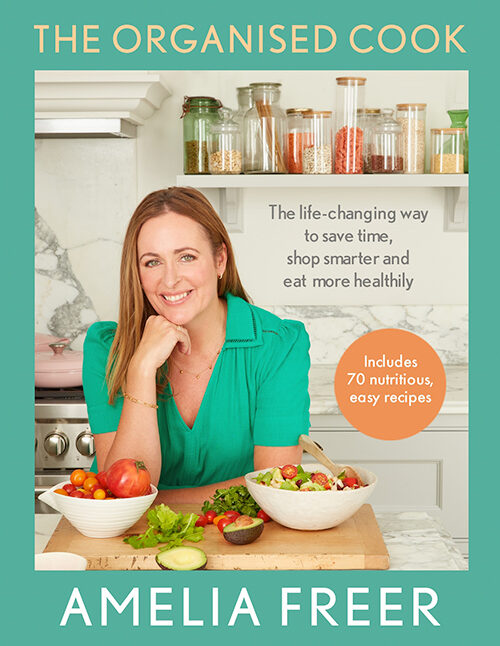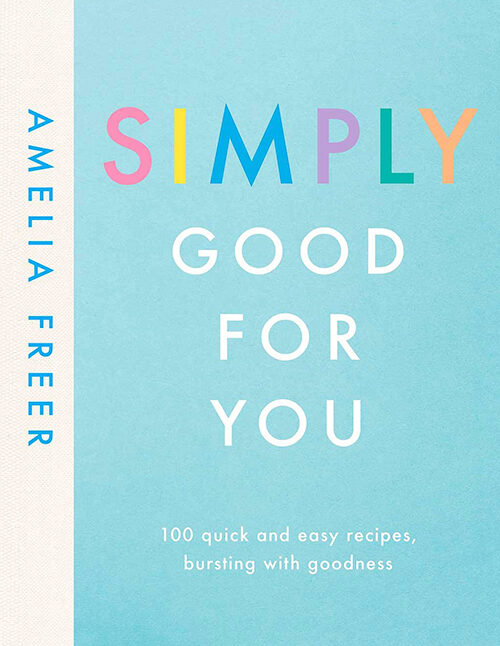A Kinder Approach to Healthy Living
Jan 2020
Mindful self-compassion is a beautiful concept and a radical shift for those of us used to having a particularly active and harsh inner critic – that internal voice that undermines us, criticises us, shames us and otherwise makes our life feel like a battleground rather than a place of ease and joy. Would I be right in feeling that most of us know that voice well?

Disclaimer. I am not a psychologist, therapist, nor a teacher of mindful self-compassion. These are simply my thoughts and ramblings about developing a kinder approach to healthy living than the one I have seen so often in clients (and myself). So, please take responsibility for feeling safe when reading the following content, and as always, do ask for professional support if there is anything worrying you about your relationship to food. That itself is a wonderful act of self-compassion.
Mindfulness means that we are aware when that critical voice starts to chatter. We notice when we are having a hard time, while we are still experiencing it and can stay with those challenging feelings in a non-judgmental way. Common humanity recognises that every human has difficult times, unpleasant feelings and things that don’t go to plan. It reminds us that nobody is perfect (however much they try to portray it on social media!) and imperfection, mistakes and failures are a universal part of the human experience.
Self-kindness is the ability to turn to ourselves with exactly the same attitude, thoughts, words and deeds that we would offer a dear friend going through the same thing. It is the opposite of self-judgement.
Mindful self-compassion is defined by Kristin Neff, PhD, as having three components (Neff, 2003):
1. Mindfulness (vs. over-identification or rumination over our worries and challenges)
2. Common humanity (vs. a sense of isolation)
3. Self-kindness (vs. self-judgement)

Developing a self-compassion practice is like kryptonite to our internal critic and having spent the past few months on a mission to develop more self-compassion in my own life, I can attest that it certainly helps quieten, comfort and reassure the unkind internal monologue. However, it has not been an overnight shift. It takes practice and repetition to make the new neuronal connections in our brains that allow this kinder response to become automatic.
Studies suggest that developing self-compassion can also be very helpful for improving our relationship to food, eating and other aspects of a healthy lifestyle – as well as our body image (Rahimi-Ardabili et al., 2017). It allows space for imperfection, as this is to be expected by the simple fact that we are human. It therefore does not mean we have ‘failed’ if we don’t stick 100% to our plans to eat better, exercise daily, be more organised or whatever behaviour we’re trying to instigate – it simply means we are part of humanity. I find this concept incredibly reassuring and grounding, particularly if I find myself inadvertently slipping into perfectionism or comparison.
Including ourselves in this experience of imperfection also relates to body image. Almost everyone has aspects of their body they don’t love all the time (yes, even supermodels and Hollywood stars, trust me!). Therefore, aiming for an idealised body image (and then beating ourselves up for not achieving it) is another thankless task that can be let go when we start to cultivate this approach. We can’t expect to attain perfection, so why hold it as the standard against which to judge ourselves?
If we do ‘fall off the wagon’, mindful self-compassion encourages us to meet ourselves there with forgiveness and understanding, rather than recrimination or shame. It’s OK. We are doing our best. It’s not the end of the world. It’s been a tough week and it’s alright to just aim for ‘good enough’ right now. Offering ourselves some kind words – even if we don’t completely believe them – out loud or in our head, can be a delicious balm to the soul. If you struggle to think of the kind words to offer yourself, pretend you are speaking to a friend or child. Many of us find it easier to be kind to others than we do to ourselves
Cultivating kindness and self-compassion around food can, happily, spill beyond our nutritional choices. It can seep into work, relationships and all aspects of our thinking. This is no bad thing – I can’t think of a single area of life where being just a little nicer to ourselves would go amiss. And if you’re reading this, thinking – “I can’t possibly be kind to myself, everything will fall apart” – know that this isn’t backed up by the science. We may feel like we need our harsh inner critic to motivate, cajole and hold us to account, people who develop self-compassion are actually more likely to stick with healthy behaviours, less likely to feel low, anxious or stressed and more likely to feel connected, satisfied and happy with life. And, as part of a positive cycle, fewer feelings of stress, anxiety and depression may mean less need to emotionally eat – particularly of those foods that may not nourish our physical health quite so much.
I have often worked with clients who struggle with such emotional eating. They have learnt to numb difficult emotions with food or drink. Boredom, anger, stress, loneliness, sadness, grief, fear, anxiety – whatever the negative feeling, the response is to consume. This can, on occasion, be an entirely appropriate response (food is after-all, a particularly strong message of love for many – including self-love), but it is not necessarily beneficial for us in the longer term to use as our main, or only, self-soothing strategy.
When we learn to be more accepting of our emotions, asking the question ‘what do I really need right now?’ in response to psychological distress, we will rarely find that the answer is ‘ice cream’! However, it also means that when we do consume the ice cream, we can do so with wholehearted enjoyment, or kindness if we feel we have over-consumed – without the shame that can follow an indulgent moment.
Having said that, we do need to consider a more holistic view of self-compassion when it comes to indulgence. For many people, self-kindness is strongly linked to treats, drinks and other fun foods. While ‘treating’ ourselves or others is a concept I understand, we need to widen the net a little to include more than eating or drinking. I have written a whole separate article My Guide to Non-Food Treats, in case you’d like some inspiration.
The intention behind ‘treating’ is good – to make someone feel loved, seen, heard and comforted. To show them that their efforts are not without acknowledgement. But within self-compassion, we need to hold the needs of our longer-term wellbeing alongside our need for in-the-moment comfort. Again, this can again be easier to understand if we imagine we are talking to someone else – perhaps a young child.
If, for example, this child had experienced a long and challenging day at school, they may come home feeling tired and sad. Mindfulness would help us to recognise it was a tricky day and they were not feeling their best this evening. Common humanity would reassure them that everyone has difficult days and they are not alone in their feelings. Kindness would, perhaps, include spending more time with them, letting them share their thoughts (or letting them have some space), playing or reading together or perhaps cooking a favourite supper. It is unlikely to involve encouraging them eat an entire box of chocolates or wolf down two pizzas. I know I’m being a bit facetious – I am trying to make a point with this example – but I am sure you get the idea.
So it’s not about white-knuckle resisting those occasions where eating or drinking certain things may benefit our social or emotional health, but it is about making such choices consciously, with compassion to ourselves at the core of our decision making.
There are two powerful questions we can ask ourselves to help access this self-compassion. You may just be surprised at the kindness in the answers you learn to offer yourself:
1. What is the kindest thing I can do for myself right now? Note: This a different question to ‘what is the most indulgent thing I can do in this moment?’
2. What do I really need?
Resources: If this is something you’d like to learn more about, take a look at the resources below for lots more information and further reading.
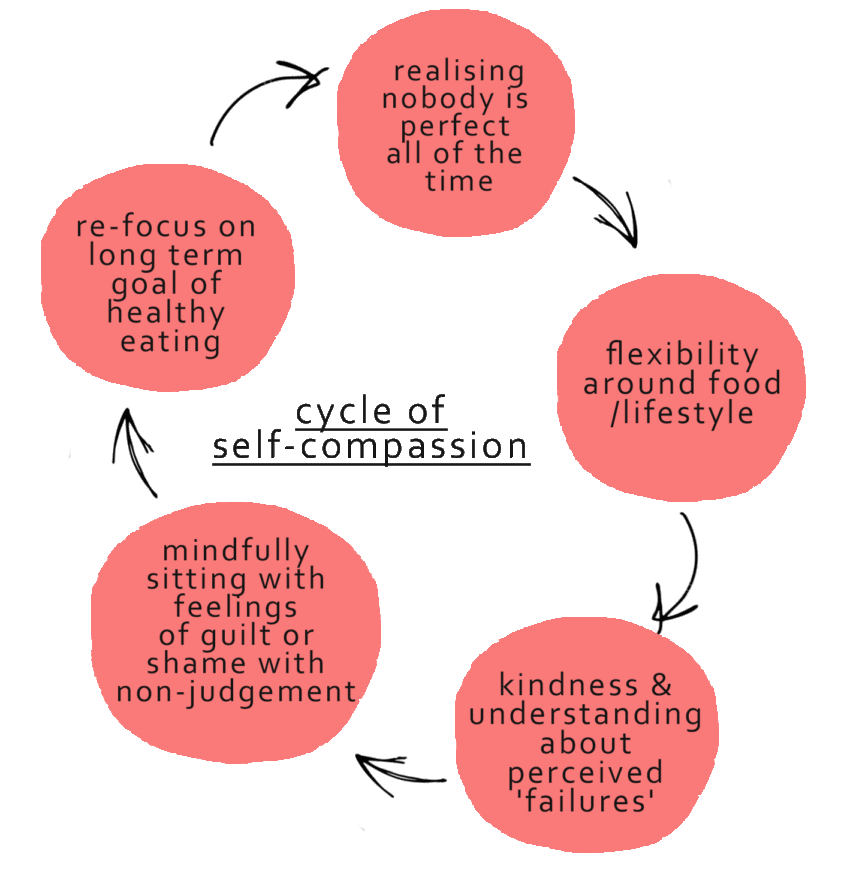
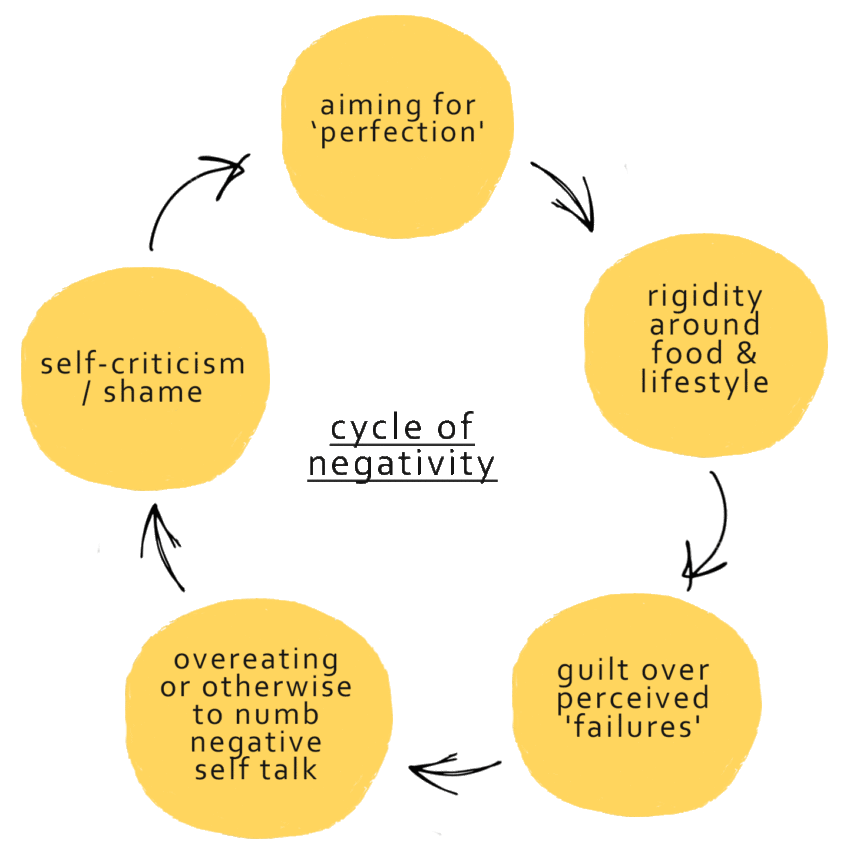
Recommended books on this topic:
Compassionate eating exercise:
1. Cultivate mindfulness at the start of each meal (or snack)
You could try using a hunger scale rating (give a number to how hungry you feel on a scale of 1 (not at all hungry) to 10 (absolutely ravenous), or a simple thought of ‘May I be grateful for this food’.
Take time to notice the smell, sight, and even sound of the food on your plate. As you take your first bite, try to really savour it – notice the flavours: sweet, sour, salty, bitter. What are the textures like? How does it change as you chew?
Take a moment to think of all the people who have been involved in bringing it to your table, from the farmers to the shopkeepers and the cook.
2. Try to meet any thoughts and feelings that arise around food or meals with kindness, acceptance and understanding
Think of what you’d say to a dear friend, or a beloved child. Use gentle and supportive language – even if you don’t 100% believe yourself yet.
3. Remember that nobody is perfect
I do not eat a perfect diet, no social media personality does, no health professional or even nutritionist. We just need to aim for good enough, consistently. The idea of common humanity is a grounding and deeply reassuring concept.
4. Focus on what you really need
Being compassionate to our whole selves (both emotional and physical) does not just mean eating ‘comfort’ foods to excess. We need to care for both mind and body equally. Relying on unhealthy behaviours as a coping strategy is not consistent with the concept of self-compassion overall. If in doubt, simply ask ‘What is the kindest thing I can do for myself right now?’
When things don’t quite go to plan…it might be the perfect opportunity to practice some of the kindness we’ve been cultivating.
Recognise that things haven’t quite gone right, and that it feels uncomfortable. That is the mindfulness component. Validate yourself.
1. Remind yourself that nobody is perfect. Everyone slips up sometimes, and that is absolutely OK.
2. Offer yourself some kind words. What would you say to a dear friend in this moment?
3. Ask yourself what you need, to support your overall sense of wellbeing.
To learn more about mindful self-compassion:
VIDEOS:
The space between self-esteem and self compassion: Kristin Neff at TEDx
youtube.com/watch?v=IvtZBUSplr4
Self-Compassion with Dr Kristin Neff
youtube.com/watch?v=rUMF5R7DoOA&t=1188s
Self Compassion – The School of Life
youtube.com/watch?v=-kfUE41-JFw
How to be a friend to yourself – The School of Life
youtube.com/watch?v=wFUxiIjp-Nk
COURSES:
The Centre for Mindful Self-Compassion runs courses, both in-person and live online (where you log into a learning platform at a set time every week, and are lead through the 10-week course by a trained facilitator, with the opportunity to listen, learn and share your thoughts with other online attendees): centerformsc.org/
ACADEMIC PAPERS (FOR PROFESSIONALS):
self-compassion.org/SCtheoryarticle.pdf
self-compassion.org/Rahimi-Ardabili2017.pdf
REFERENCES:
Neff, K (2003). Self-Compassion: An alternative conceptualisation of a healthy attitude toward oneself. Self and Identity 2. Pp. 85-101.
Rahimi-Ardabili, H., Reynolds, R., Vartanian, L., McLeod, L. and Zwar, N. (2017). A Systematic Review of the Efficacy of Interventions that Aim to Increase Self-Compassion on Nutrition Habits, Eating Behaviours, Body Weight and Body Image. Mindfulness, 9(2), pp.388-400.
MORE TO EXPLORE
Please note that the information on this website is provided for general information only, it should not be treated as a substitute for the medical advice of your own doctor or any other health care professional providing personalised nutrition or lifestyle advice. If you have any concerns about your general health, you should contact your local health care provider.
This website uses some carefully selected affiliate links. If you buy through these links, we may earn an affiliate commission, at no additional cost to you. This helps to keep all of our online content free for everyone to access. Thank you.

